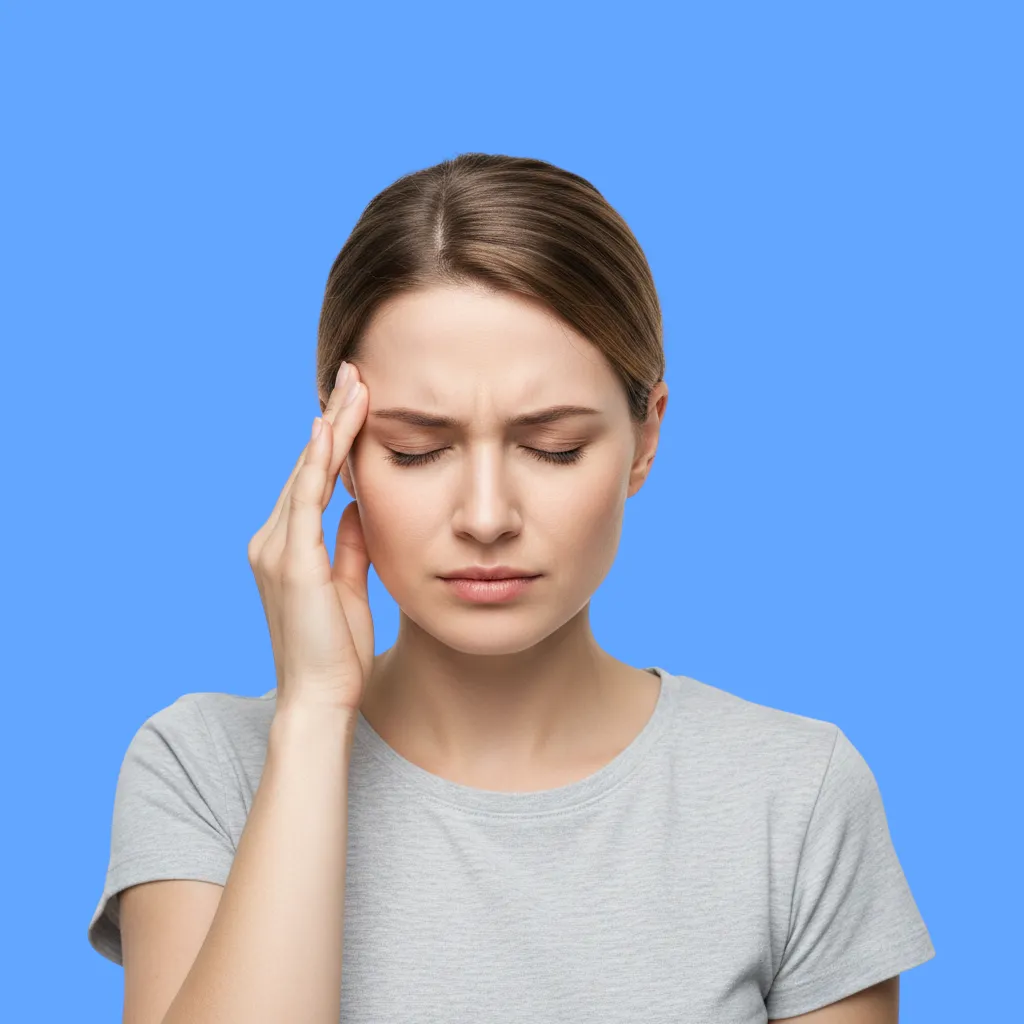What is anemia?
Anemia is a condition that occurs when the number of red blood cells or the level of hemoglobin in the blood drops below normal, leading to a reduced ability of the blood to carry oxygen to body tissues.
This problem may seem minor at first, but it can significantly affect your daily activities, making you feel tired when climbing stairs or even while performing simple tasks.
What are the causes of anemia?
There are several common causes of anemia, including:
- Iron deficiency due to poor nutrition or blood loss
- Vitamin deficiencies such as Vitamin B12 and folic acid
- Chronic blood loss caused by stomach ulcers or internal bleeding
- Chronic diseases such as kidney disease or cancer
- Bone marrow disorders that affect blood cell production
What are the common symptoms of anemia?

There are several common symptoms that patients may experience, including:
- Persistent fatigue and exhaustion
- Pale skin color
- Shortness of breath during mild exertion
- Frequent headaches or dizziness
- Cold hands and feet
When should you see a doctor?
It is recommended to consult a doctor immediately if any of the following occur:
- Severe unexplained fatigue
- Noticeable heart palpitations
- Shortness of breath even at rest
- Unusual bleeding or continuous blood loss
How is anemia diagnosed?
The condition is diagnosed using several methods, including:
- Complete blood count (CBC) to measure hemoglobin levels and red blood cell count
- Iron and ferritin tests to determine iron stores in the body
- Vitamin B12 and folic acid tests to detect nutritional deficiencies
- Additional tests such as endoscopy or colonoscopy if internal bleeding is suspected
What are the treatment options for anemia?
There are several ways to treat anemia, including:
- Taking iron supplements under medical supervision
- Vitamin B12 injections or folic acid supplements
- Treating the underlying cause such as bleeding or chronic diseases
- In severe cases, blood transfusion may be required
Can anemia be cured?
Yes, most cases of anemia can be cured if the cause is diagnosed and treated early.
Recovery depends on the type of anemia; cases caused by iron or vitamin deficiency usually improve with dietary changes and supplements, while chronic cases require long-term follow-up.
What are the prevention tips for anemia?
Here are some tips to prevent anemia:
- Eat a balanced diet rich in iron, such as red meat and leafy vegetables
- Increase intake of foods rich in Vitamin C to enhance iron absorption
- Avoid excessive tea and coffee after meals as they reduce iron absorption
- Have regular check-ups, especially for pregnant women
What are the possible complications of anemia?
Some complications may occur if treatment is neglected, such as:
- Weakened immunity and increased risk of infections
- Heart problems such as heart enlargement
- Growth delays in children
- Pregnancy complications such as premature birth
Frequently asked questions about anemia
Can anemia cause hair loss?
Yes, iron deficiency can lead to hair loss.
Does drinking coffee affect iron absorption?
Yes, coffee reduces iron absorption if consumed immediately after meals.
Can anemia cause persistent dizziness?
Yes, lack of oxygen in the blood can cause dizziness.
Does an anemia patient need a special diet?
Yes, the diet should include foods rich in iron and vitamins.